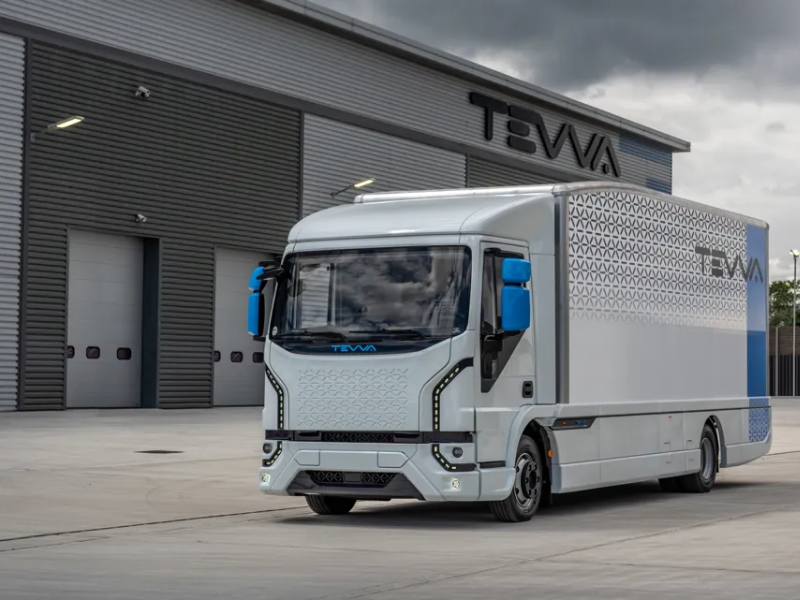In a surprising turn of events, electric HGVs manufacturer, Volta Trucks, recently filed for bankruptcy, adding their name to the growing list of specialist electric vehicle manufacturers facing setbacks. The Volt Zero, celebrated for its impressive range and positive feedback during commercial trials, was poised to revolutionise the electric heavy goods vehicle (HGV) landscape. However, the challenges encountered by Volta Trucks shed light on the formidable hurdles faced by the haulage and logistics industries in embracing electric vehicles (EVs).
The transition to electric vehicles for the final leg of deliveries is inevitable, with major players like Royal Mail having already incorporated 5,000 EVs into their delivery and collection fleet. Despite this momentum, the adoption of electric HGVs proves to be a complex feat for specialised manufacturers, particularly when compared to the relative success in the electric van and car sectors.
Why are we struggling to adopt electric HGVs?
Volta Trucks had a robust product and garnered interest from potential clients like Marks & Spencer, DB Shenker, and DSV. Yet, the company’s fate took a downturn with the summer collapse of its battery supplier, Proterra – a significant blow that disrupted its entire supply chain.
This setback is not isolated as other electric HGV manufacturers have faced similar challenges. Arrival, a Banbury-based electric van pioneer, recently announced layoffs of 800 workers as it redirected its focus towards the American market. The allure of the U.S. market lies in substantial government incentives, such as the $500 billion Inflation Reduction Act, designed to promote clean technologies and EVs, albeit limited to domestically sourced technology.
Contrary to the apparent demand for commercial EVs, particularly for urban deliveries, start-ups specialising in electric HGVs are grappling with financial woes and market challenges. The question is: why are these ambitious ventures failing?
One major factor is the conservative approach adopted by most haulage and logistics companies. Rather than embracing new, specialised electric HGVs, businesses tend to opt for electric versions of existing conventional vehicles. This preference for established brands in the sector poses a considerable obstacle for start-ups aiming to penetrate the market.
Additionally, the intricacies of the haulage and logistics industries, with their heavy reliance on robust and high-capacity vehicles, make the transition to electric HGVs a more intricate process. The financial constraints, operational complexities, and the need for substantial infrastructure investments are barriers that buffer the widespread adoption of electric HGVs.

Despite these challenges, there is hope on the horizon. The UK, already a hub for electric van production, continues to invest in electric HGV technologies. Essex-based Tevva, while facing financial hurdles, delivered its first 7.5-tonne battery-electric truck in September 2022. With ongoing vehicle deliveries and positive user feedback, Tevva’s perseverance signals a potential shift in the narrative, emphasising the importance of innovative, full-scale electric HGV manufacturing in the UK.
In summary, whilst the electric vehicle market continues to grow rapidly, it is clear that the adoption of electric HGVs is not as straight forward as smaller vehicles. It will take time to develop the infrastructure needed to support a network of electric HGVs as well as ample support from the government to encourage the use and development of green tech.

